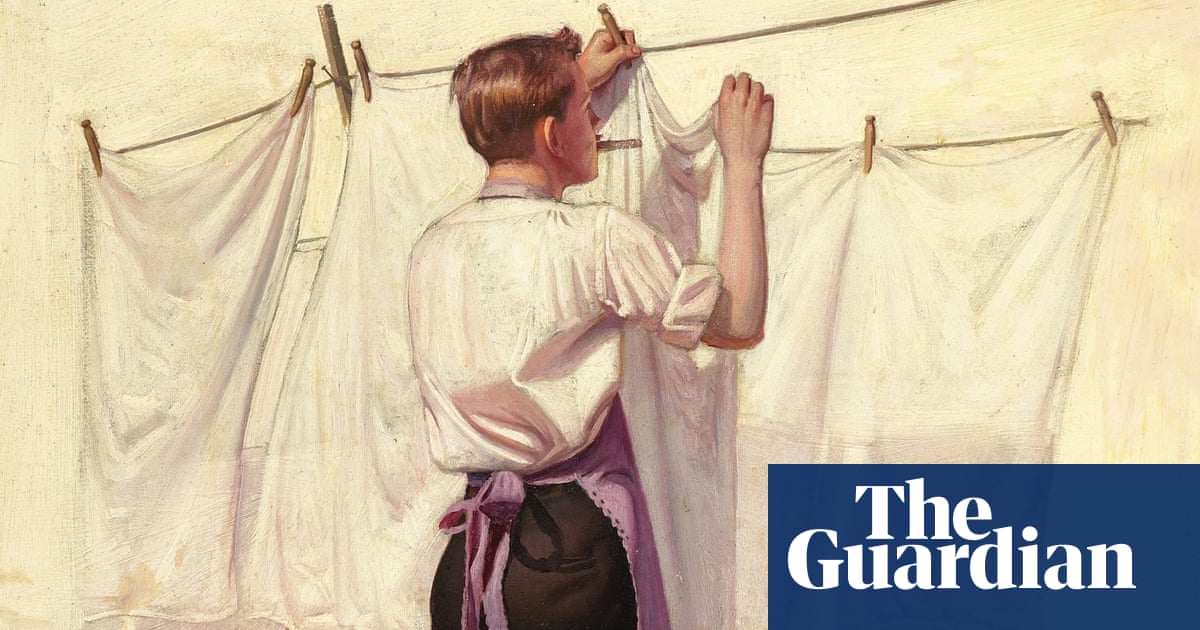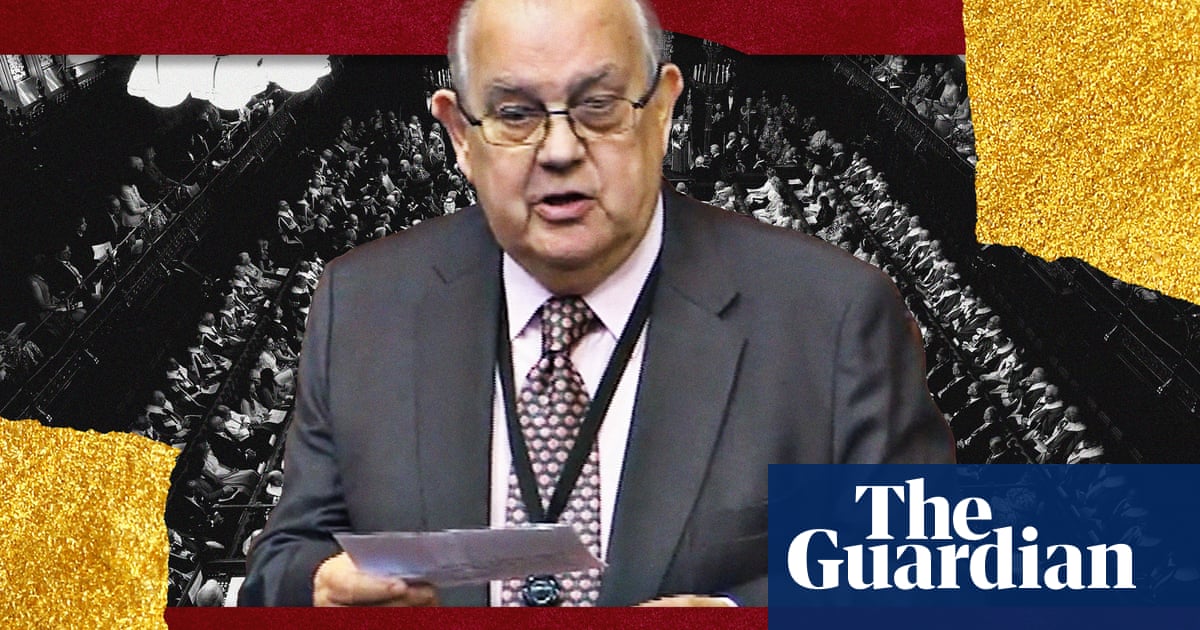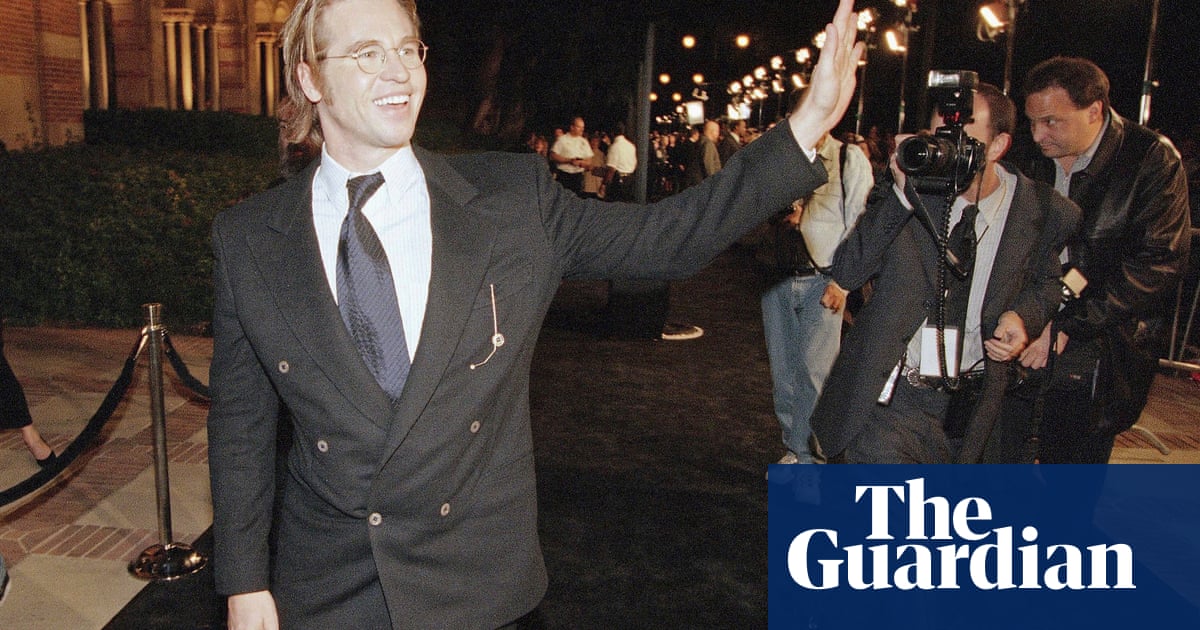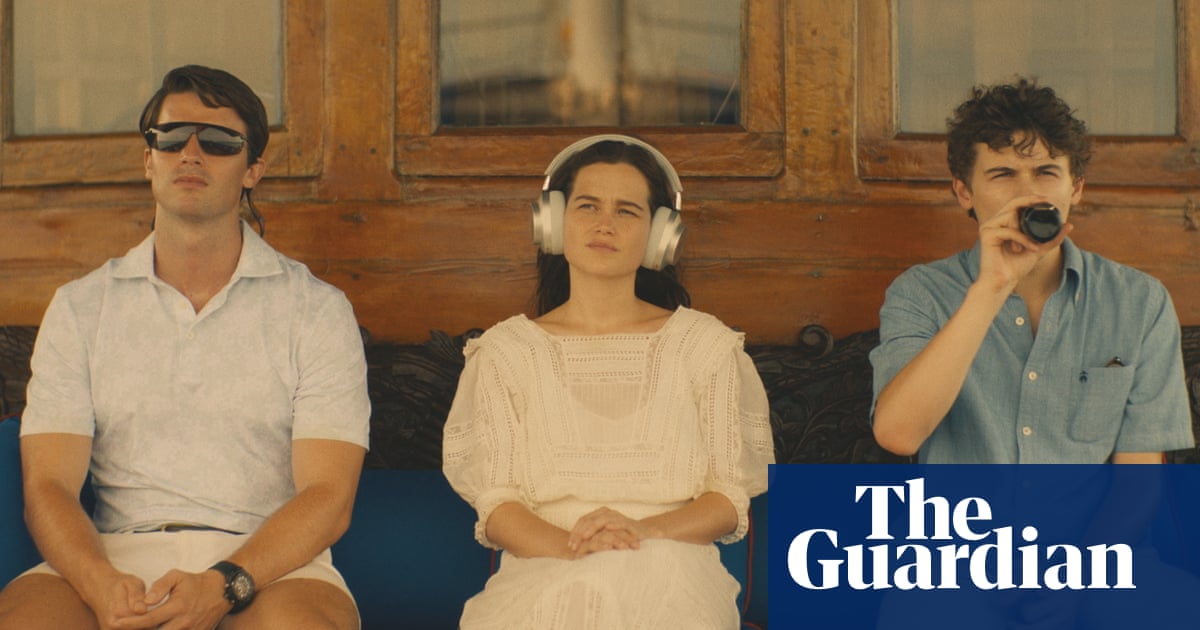In one of the first French #MeToo cases to come to court, a film director has denied charges of sexual aggression against and harassment of the award-winning French actor Adèle Haenel.
A group of feminists gathered outside the Paris court on Monday to support Haenel who claims she was groomed and abused from the age of 12 to 15 by Christophe Ruggia.
Haenel, 30, who has won two Césars, the French equivalent of an Oscar, claims Ruggia, 59, subjected her to “permanent sexual harassment” during and after the making of his 2002 movie, The Devils, in which she played a girl with autism.
Ruggia, charged with sexual abuse of a minor under 15, has denied the accusations.
He told the court Haenel had created a “parallel reality” and that she was acting out of revenge after he refused to make a further film with her. He said her accusations were the result of “professional disappointment”.
Asked about evidence that police looking at his computer found he had searched the internet using the words “adele haenel hot”, Ruggia said he could not remember making such a search.
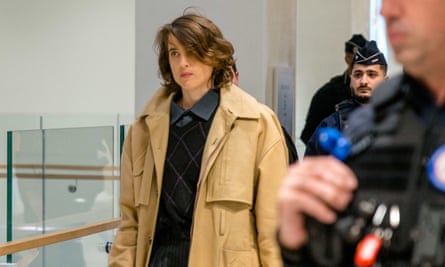
Haenel, acclaimed for her performance in the 2019 French film Portrait of a Lady on Fire, has said she felt guilty after the filming of The Devils and had suicidal thoughts.
Ruggia said he recently realised the film shoot was “painful” for Haenel.
Asked what had prompted him to write a screenplay about the sexual awakening of two teenagers, Ruggia told the court: “It was the story of my two best friends who grew up in care.”
While Ruggia told the court his attitude towards Haenel and her co-star Vincent was “paternal”, others working on the film described Ruggia’s behaviour towards Haenel as “invasive” and “misplaced”.
In 2019, after Haenel’s accusations emerged, the Society of French Directors (SRF), which had chosen Ruggia as its co-president and vice-president several times between 2003 and 2019, expelled him from the organisation.
In May 2023, Haenel, who won her first César in 2014 for her supporting role in Suzanne, and won a second César for best actress for Love at First Fight the following year, announced she was ending her cinema career, accusing the industry of “widespread complicity” with sexual abusers.
The trial continues.

.png) 3 months ago
35
3 months ago
35





